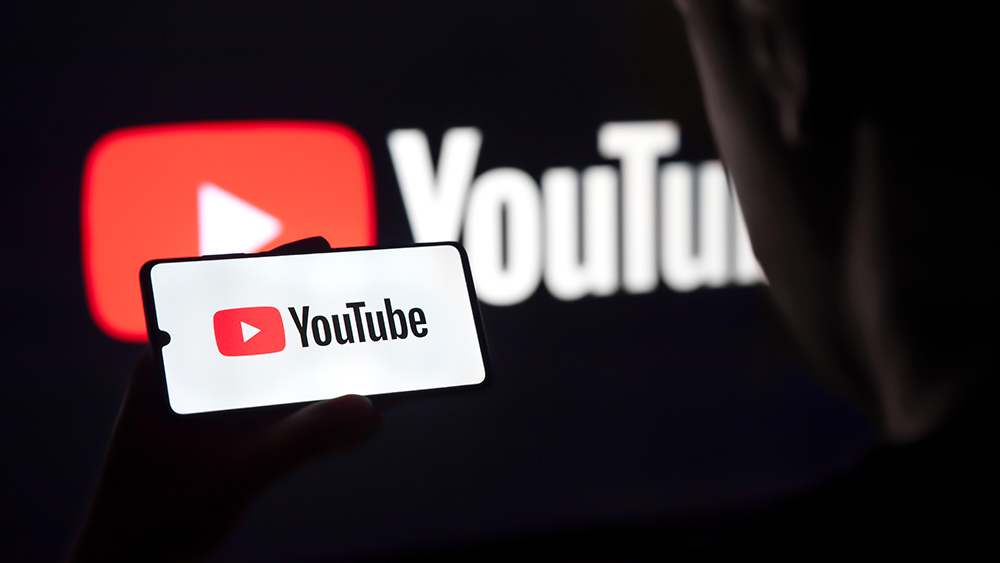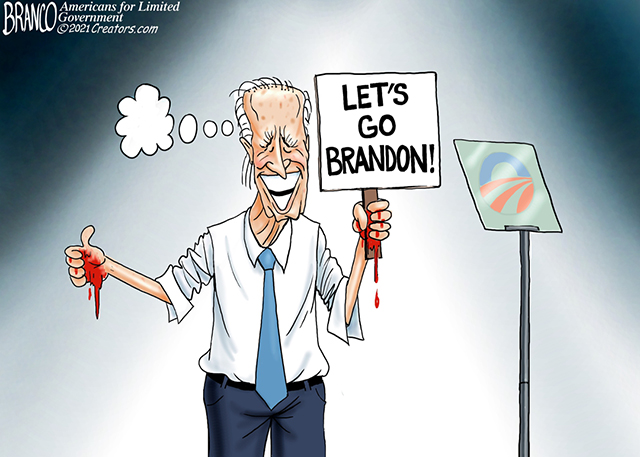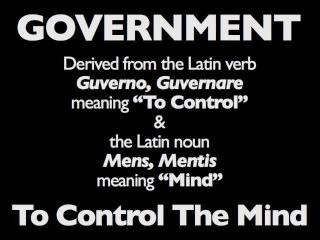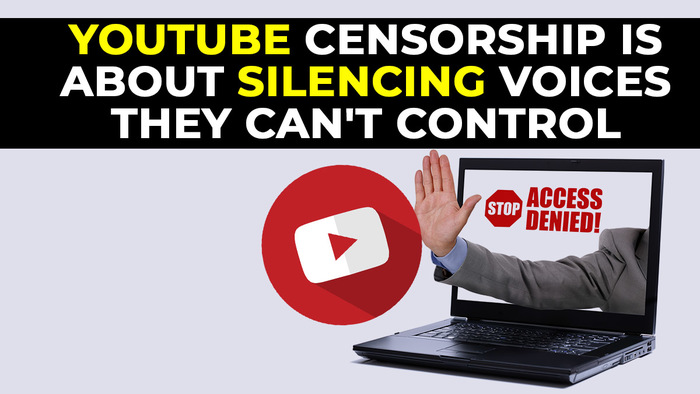Conservatives need to take a stand against financial de-platforming before left-wing corporations destroy them
01/07/2021 / By Ethan Huff

Big Tech censorship has oozed into the financial sector, with platforms like PayPal and even Visa and Mastercard now openly targeting conservatives for de-platforming.
The goal, it would seem, is to prevent those with politically incorrect viewpoints from being able to participate in the economy the same way everyone else does. It is an imposition of control that places burdensome restrictions on those trying to conduct business online.
Conservative pundit Laura Loomer, as you may recall, was banned from a number of financial platforms because of the types of messages she puts out to her followers.
If the right does not get some kind of hold on this by giving pushback, it is only going to increase and accelerate. Eventually, conservatives will be barred from not only using social media but also from engaging in any type of commerce online.
“In Congress and across fifty state legislatures, the GOP’s shortsighted support for laissez-fair economics is allowing left-wing corporations to plot their destruction,” reports Revolver.
As Bay Buchanan put it, writing for CNS News, corporations continue to bend the knee to “outraged activists” who despise all speech with which they disagree.
“We see this when social media giants regularly censor and ban individuals who run afoul of liberal orthodoxy,” Buchanan explains.
“Less noticed is the threat of financial de-platforming. This growing menace means those who dissent from the official left-wing line won’t even be allowed to bank or use a credit card.”
The latest news about Big Tech censorship can be accessed at Censorship.news.
Even the NRA is being denied access to banks, insurance companies
For the past four years, the agenda has really been ramping up, even against formidable organizations like the NRA that was denied access to banks and insurance companies in New York because of “reputational risk.”
The David Horowitz Freedom Center, at the request of the Southern Poverty Law Center (SPLC), can no longer do business with Visa or Mastercard, either.
Back in 2018, Citigroup announced that it would no longer help any company involved with legally selling firearms to anyone under 21 borrow money or use banking services. Shotgun manufacturers have also had their bank accounts closed, as have contractors working with federal immigration enforcement.
Proud Boys leader Enrique Tarrio had all of his Chase Bank accounts closed in 2019, and has also been banned from PayPal and various credit card payment processors.
On and on the list goes, which is why some within the Trump administration have fought to reverse this trend and hold big banks accountable for discrimination.
The Office of Comptroller of the Currency (OCC) recently drafted a rule that would bar major banks from denying services to customers for any reason other than a “documented failure to meet quantitative, impartial risk-based standards established in advance.”
“Banks don’t set national policy,” wrote acting OCC comptroller Brian Brooks and OCC chief economist Charles Calomiris in an op-ed for The Wall Street Journal.
“They don’t choose what goods and services are available to consumers. Nor do they determine which industries are legal. It is the job of democratically elected government to make those decisions.”
Treasury Secretary Steve Mnuchin, on the other hand, has demonstrated an unwillingness to stand up to the big banks. He recently proposed regulations of his own that would block Bitcoin transactions and hinder economic freedom.
“Castrating cryptocurrencies would therefore deliver a major victory to big banks and the left-wing ideologues who increasingly fill their senior executive posts,” Revolver further reports. “The OCC’s proposal to bar major banks from denying services to customers for political reasons would apply to all bank transactions and include cryptocurrency.”
Sources for this article include:
Tagged Under: Big Tech, conservatives, cryptocurrency, discrimination, financial deplatforming
RECENT NEWS & ARTICLES
COPYRIGHT © 2017 YOUTUBECENSORSHIP.COM
All content posted on this site is protected under Free Speech. YouTubeCensorship.com is not responsible for content written by contributing authors. The information on this site is provided for educational and entertainment purposes only. It is not intended as a substitute for professional advice of any kind. YouTubeCensorship.com assumes no responsibility for the use or misuse of this material. All trademarks, registered trademarks and service marks mentioned on this site are the property of their respective owners.



















